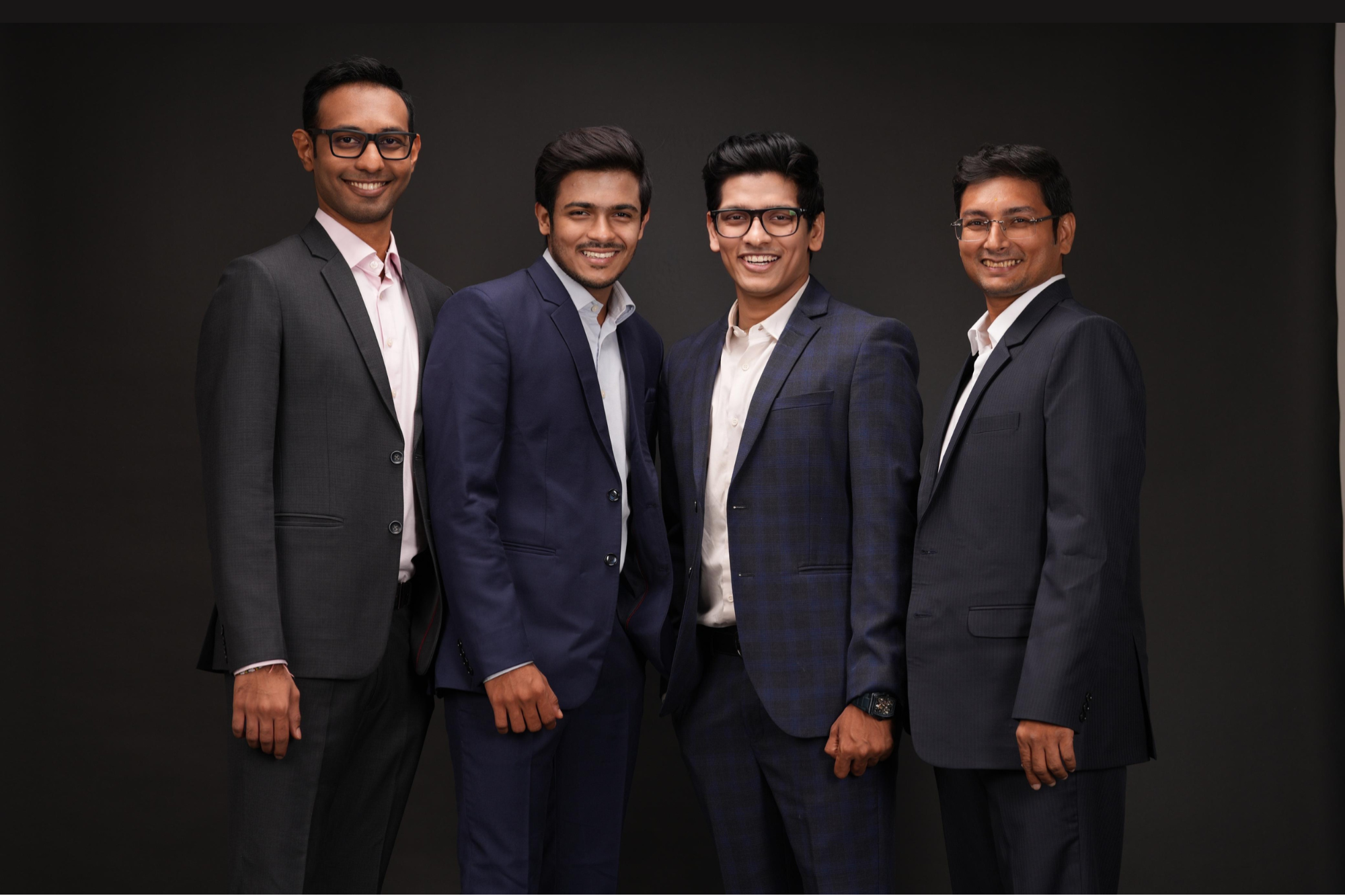Digital Standardization: How the Mobility Sector Can Prepare Itself For the Next Giant Leap Machine learning and predictive algorithms will ensure maximum yield for operator partners while remaining affordable for travelers
Opinions expressed by Entrepreneur contributors are their own.
You're reading Entrepreneur India, an international franchise of Entrepreneur Media.

The mobility sector is the backbone of all modern economies. It enables its most important constituents–humankind–to move across locations and geographies for a wide variety of purposes, be it young, old, productive, non-productive, students, families, individuals. All move around courtesy the mobility sector. It is estimated that around 10-15 per cent of income in an Indian household is spent on mobility. The industry has seen a rapid transformation in its modus operandi in the past few years, whether accessibility and affordability or efficiency. All the changes can be attributed to the application and usage of "Internet' in the sector.
What has digitization done so far for the mobility sector?
With increasing Internet penetration, organizations like MMT and IRCTC solved for ease of booking and solved the information asymmetry around prices. With increasing smartphone penetration, cab hailing services like Uber and Ola, not only revolutionized cab as a product (service), but also made it available to a huge customer segment who couldn't afford it before. They did so by improving the utilization of these cabs; i.e., in 2010 a taxi in Mumbai did an average of 4 rides a day, now it does 16. In the process, not only technology standardized the quality of taxi service but also guaranteed a dependable livelihood for millions of drivers across the globe.
Even at increased utilization levels, taxis as a product remains unaffordable for most Indians. This is the gap bike taxis (Rapido), shared e-rickshaw aggregators and intra-city bus aggregators (Shuttl) are trying to fill. At a price point of less than INR 5 per km, these mediums are more pocket-friendly than cabs. Standardization of these would benefit a much bigger customer segment in the long run.
What is the next leap for the sector?
In the past decade, with railways suffering from a quintessential capacity crunch, and airlines, taxis and personal vehicles still unaffordable for the majority of Indians, buses have emerged as the most popular choice for intercity and interstate travel. Despite the large number of consumers, the entire inter-city bus travel experience is broken. RedBus noticed this over 10 years ago and built a very successful company by solving the discovery and booking piece of the puzzle. However, no one has been able to solve any other part of the stack post booking of a ticket and the actual travel experience from finding the bus, boarding, departure times, service and safety standards remains broken to date. Technology will aggregate this space and bring standardization to the experience.
Data platforms which help generate useful customer insights and design the network of routes in a dynamic and intelligent manner. This approach will help in building a product that customers actually want. Feedback closure technology tools which allow to convert customer reviews into solid actionable on a per-trip, per-seat basis. Machine learning and predictive algorithms will ensure maximum yield for operator partners while remaining affordable for travelers.












